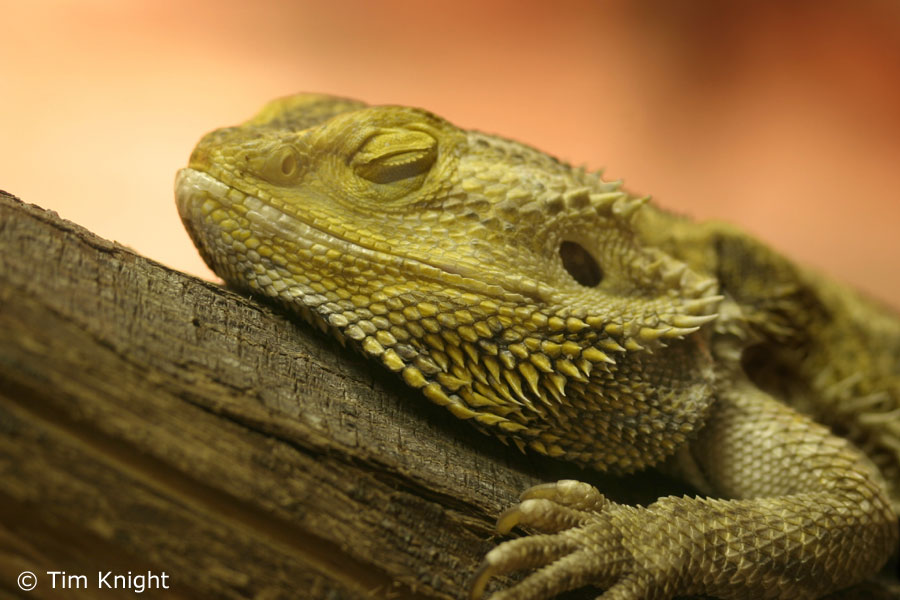Everything You Need to Know Before You Purchase a Bearded Dragon
Is a Bearded Dragon Right for You?
If you’re considering getting a pet, a bearded dragon might be the perfect fit for you. They’re low-maintenance, entertaining, and easy to care for. However, before you rush to purchase one, it’s important to understand everything that comes with owning a bearded dragon.
What is a Bearded Dragon?
A bearded dragon is a type of lizard that originates from Australia. They’re called bearded dragons because of the spikes that protrude from under their chins, giving the appearance of a beard. These lizards have become increasingly popular as pets due to their docile nature, small size, and relatively easy care requirements.
Bearded Dragon Housing and Supplies
Before you bring a bearded dragon home, you need to ensure that you have everything they need to thrive. This includes a properly sized enclosure, heat lamps, UVB bulbs, substrate, and decorations.

The enclosure should be at least 40 gallons and should have plenty of hiding spots and climbing opportunities. Bearded dragons require a basking area that reaches a temperature of 100-110 degrees Fahrenheit, as well as a cooler area that stays between 75-85 degrees Fahrenheit. UVB bulbs are necessary for the proper synthesis of vitamin D3, which is crucial for bearded dragon health. Substrate options include reptile carpet, tile, and paper. Avoid using loose substrate such as sand, as bearded dragons can accidentally ingest it and become impacted.
Bearded Dragon Diet
Bearded dragons are omnivores and require a varied diet of insects and vegetables. Some staple insects to feed include crickets, dubia roaches, and black soldier fly larvae. Vegetables should be offered once per day, and can include squash, kale, and collard greens. Avoid feeding spinach, as it contains oxalates that can bind to calcium and prevent its proper absorption.
Bearded Dragon Behavior and Handling
Bearded dragons are known for their docile nature and are generally easy to handle. However, it’s important to handle them carefully and avoid dropping them, as this can cause injury or stress. Regular handling can help your bearded dragon become more comfortable with you and reduce the likelihood of biting or defensive behavior.
Potential Health Issues
Bearded dragons are relatively hardy and don’t experience many health problems if cared for properly. However, there are some common health issues to be aware of. These include metabolic bone disease, respiratory infections, and parasites. It’s important to keep your bearded dragon’s enclosure clean and provide proper heat and UVB lighting to prevent these health issues from developing.
Where to Purchase a Bearded Dragon
Bearded dragons can be purchased from pet stores, reptile expos, or breeders. It’s important to do research and find a reputable source before purchasing a bearded dragon, as some pet stores or breeders may not provide the best care for their animals.
Conclusion
In conclusion, bearded dragons make great pets for those who are willing to put in the time and effort to properly care for them. Before purchasing a bearded dragon, make sure you have everything they need to thrive and understand their care requirements. With proper care, your bearded dragon can live a long and happy life.
